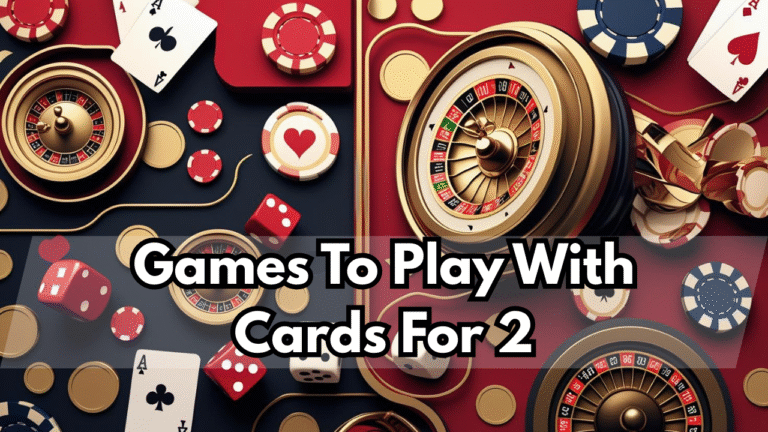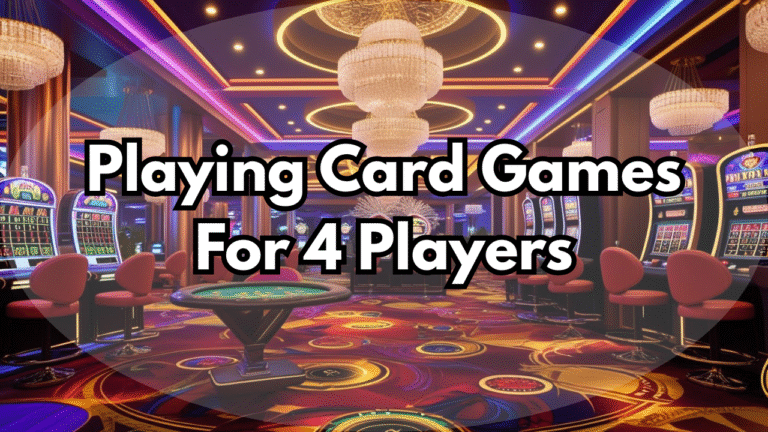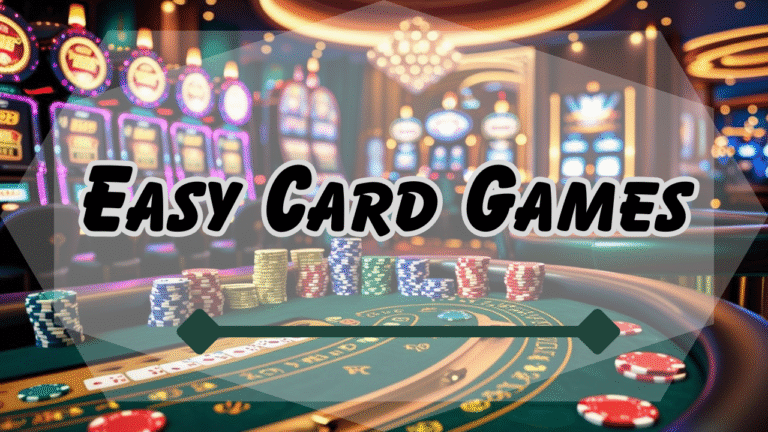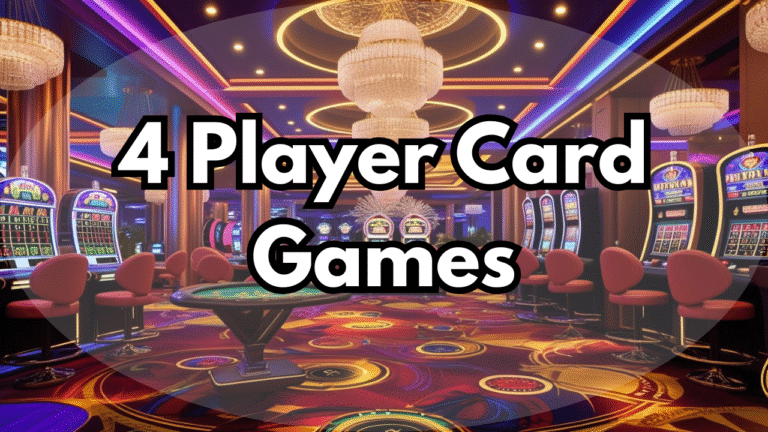Here is a full guide on how to play card games – simple tips, pro tricks, and game-winning strategies. Ready to rule the game?
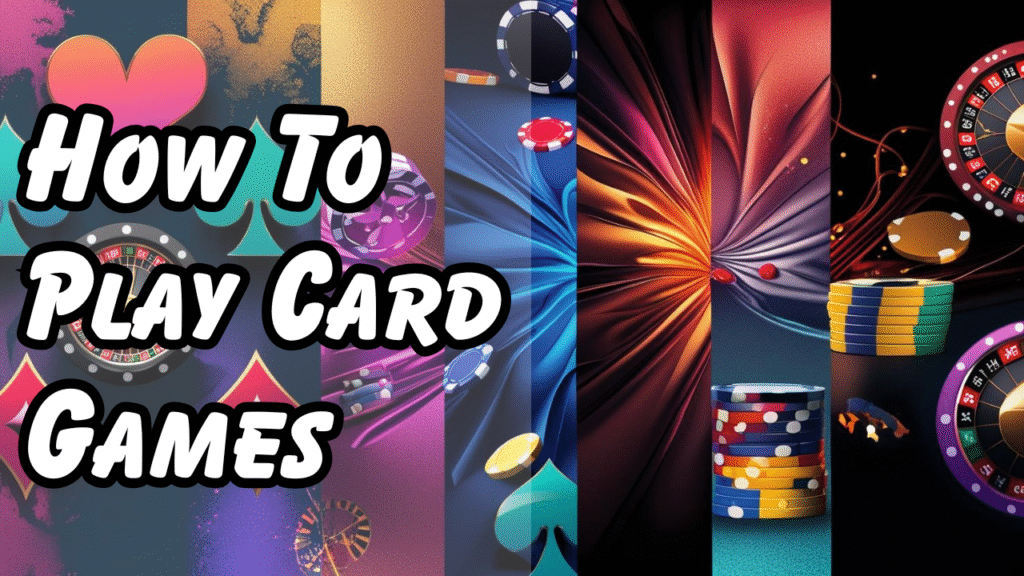
Card games have endured for a long time because they are entertaining, but they are also great for mental exercise, developing strategy, and bringing people together. Playing card games, whether it’s a fast game of patience to relax or a full game of poker with pals, isn’t only a good time; it also has measurable positive effects on memory, patience, and critical thinking.
Learn how to play card games with ease, precision, and self-assurance with the help of this comprehensive book. From getting your feet wet to becoming an expert in games strategy, you’ll discover a straightforward but comprehensive method. This article is a great resource for anyone looking to learn the ropes or brush up on their existing knowledge.
Card Games and Their Beneficial Effects
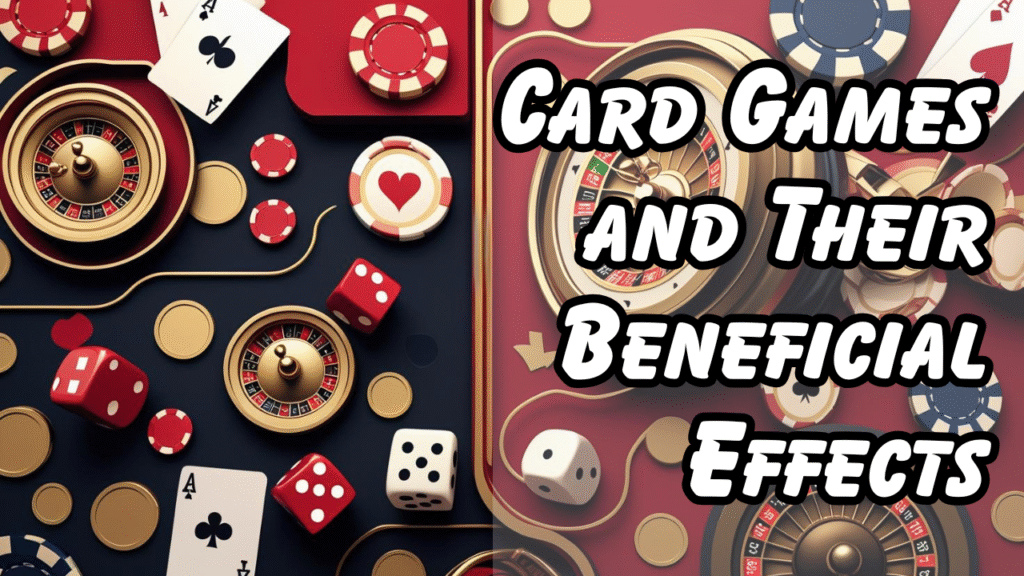
We need to know why before we can figure out how. Playing basic rules of card games has advantages that go beyond just having fun:
- Improving Cognitive Abilities: Playing card games can help with remembering, recognising patterns, and solving problems.
- Playing with others enhances social skills such as empathy, cooperation, and communication.
- Ease of Mind: Engaging in focused gaming provides a therapeutic getaway, encouraging calmness and observation.
- Strategy: Games such as Bridge and Poker necessitate meticulous preparation and the ability to make split-second decisions.
- The ability to handle setbacks with grace and perseverance is a hallmark of emotional intelligence.
Many studies have shown that playing games can help with cerebral stimulation and emotional wellbeing, so these benefits aren’t just anecdotal.
Step-by-Step Guide to Becoming an Expert Card Game Player
here are the step by step card game guide
1. Pick the Right Game
Take your time when learning advanced games. Rummy, Go Fish, and War are good choices for a beginner’s game. Ideal for teaching children the fundamentals of basic strategy, values, turns, and suits, these games are great.
A word of advice: pick a game that works for your group’s abilities and capacity. For solo practice, single-player games such as patience are ideal.
2 Get Familiar with the Regulations
The rules that govern play in a certain easy card games to learn are unique to that game. Important components such as goal, scoring, turns, and penalties can be learnt by reading the handbook or watching a tutorial video.
For your first few games, it’s a good idea to have a copy of the rules on hand, either in print or on your computer.
3. Recognise Patterns and Combinations of Cards
Predictable card combinations—like pairs, runs, flushes, or sequences—form the basis of the majority of card games. Gaining a grasp of these patterns will greatly improve your ability to prepare and make smart decisions.
Action Tip: To help you memorise different combinations for popular games, try using flashcards or mobile applications.
4. Put in Lots of Time Practicing Against Live or Virtual Opponents
Working through real-world problems strengthens knowledge and refines gut feelings. Reflexes and pressure decision-making are both improved with repeated play, whether in a real deck or an app.
Take part in online card forums or local clubs to compete against different opponents and learn new methods.
5. Think About What Happened After Every Game
Take some time after each session to reflect on the choices you made. Sort out the plays that ended in success, failure, or draw. The actual process of getting better begins with this post-game review.
Pro tip: Keep track of your observations and progress in a game notebook.

Why Card Games Will Never Go Out of Style
There must be some logic to why card games have endured throughout ages and civilisations. They are easy to transport, need little hardware, and offer a flexible learning curve. Their unique selling point is a two-tiered gameplay system that combines social and mental aspects. Card games, in contrast to most video games, often require players to communicate with one another, use dishonesty (in bluffing games), and do mental computations in real time.
Furthermore, there are organised tournaments with global followings for the majority of professional card games like Bridge and Poker. This is an example of how card games can go from being a casual pastime to a highly specialised one.
Answers to Common Questions ABOUT how to play card games
Q1: what is the easiest card game that a beginner may pick up?
One good option for newcomers is Go Fish or War. They help in understanding basic ideas and are simple to learn.
Q2: Can playing card games genuinely improve memory?
Q2: Absolutely. Memory, pattern recognition, and strategy-based card games are great for cognitive training and development.
Q3: In comparison to board games how effective are online card games?
Answer 3: Yes. Although there is a difference in the haptic input, learning is enhanced by the convenience and access to global competition offered by online platforms.
Q4: In order to become an expert player how much time does it typically take?
Answer 4: You can see results in a matter of weeks if you play and think regularly. The game’s complexity and your own skill level will determine your level of mastery.
Q5: Is it possible to play any card game with the same strategy?
Q5: While every game is unique, there are some general methods that work in every game. These include keeping an eye on your opponents, planning ahead, and not taking any unnecessary risks.
In conclusion
Developing a winning mentality is more important than rote memorisation when it comes to card games. Playing card games requires a level of focus, strategy, and patience that are transferable to real life. Anyone can become a skilled player and thinker both at and away from the table if they start with a clear framework and play with purpose.
Take up the game, study the cards, and reap the benefits for the rest of your life.

If you would like a PDF version or more graphics to go along with this post, please don’t hesitate to ask.

